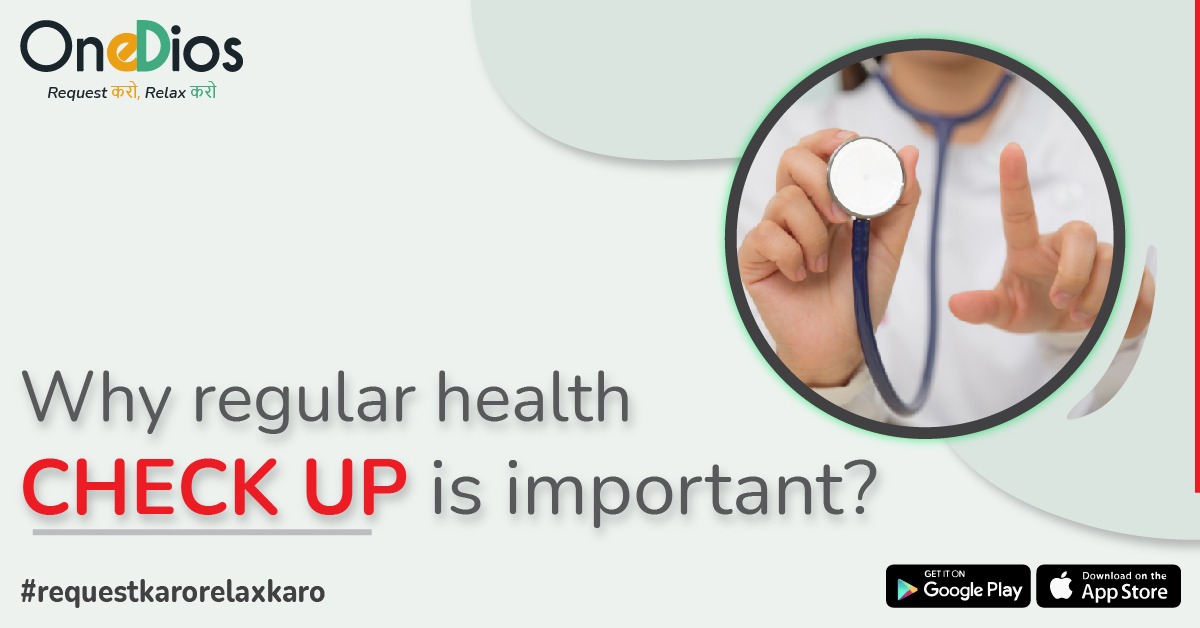Modern science is achieving new milestones every second, with newer discoveries in the field of the health sector, which has made it largely possible for us to initiate treatment even before the onset of the anticipated diseases. This has increased the trust of people in professional medical help and most people nowadays follow routine blood checkup protocols to avoid the health crisis in the future.
Following the same medical advice for routine health checkups, this article will explain the need to have regular blood checkups. Since the blood is the lifeline, it is highly recommended to have regular blood checkups for a healthy life.
Prevention is better than cure
If there is a chance to prevent the disease from taking a dangerous shape, a regular blood checkup or diagnosis has the potential to make a difference in life and death. A comprehensive blood examination at regular intervals opens up possibilities for medical interventions to indicate a coming disease from worsening by providing earlier treatments.
Diabetes and other health issues
The current generation including the young ones is particularly vulnerable to diabetes of different types given the fact that the food habits and consumption patterns have changed dramatically. Different types of diabetes and other related metabolic syndromes need early-stage monitoring.
Blood test- a deeper understanding of health status
It is common to ignore the common health problems like pain, cough, fever, and fatigue with the strong conviction that these are of non-serious nature, and will be self-cured. It is possible that the assumption can be wrong, and a complete blood test can provide the exact internal functioning.
Specific demands of the body
The metabolic exercise of each body is different, and thus the requirements of the individual body also vary from others. A blood test actually details the specific nutrients needed by recognizing the deficient elements in the body. The treatment, after a blood test, is more precise and accurate.
Blood Donor
If you are a regular blood donor, this is the most important health requirement to have regular health checkups. This also tells you about the capacity of donating blood, to avoid any adverse effects on the body.
You can conveniently book all your regular blood checkups on the OneDios app in few clicks
You can also search for vaccine slot availability on the ‘Vaccine Slot Finder’ on the OneDios app. It allows you to have a streamlined and uncomplicated experience while searching for your vaccine slot. You have to simply enter your Pin Code to get the relevant information about slot availability. OneDios COVID 19 Vaccine Slot Finder empowers you to efficiently check available vaccine slots in your area by making the process easygoing, painless, and reliable.
You can also track vaccine-related statistics on the “Vaccination Dashboard” available on the OneDios app. The data for the dashboard is sourced from official Co-Win Statistics. Through this dashboard, you can stay informed about the number of sites conducting vaccination and total vaccination doses in real-time. Relevant data and trends are presented in user-friendly graphs, categories, and visual formats for greater access. You can also check updated data by selecting your state or district to know about specific statistics.
